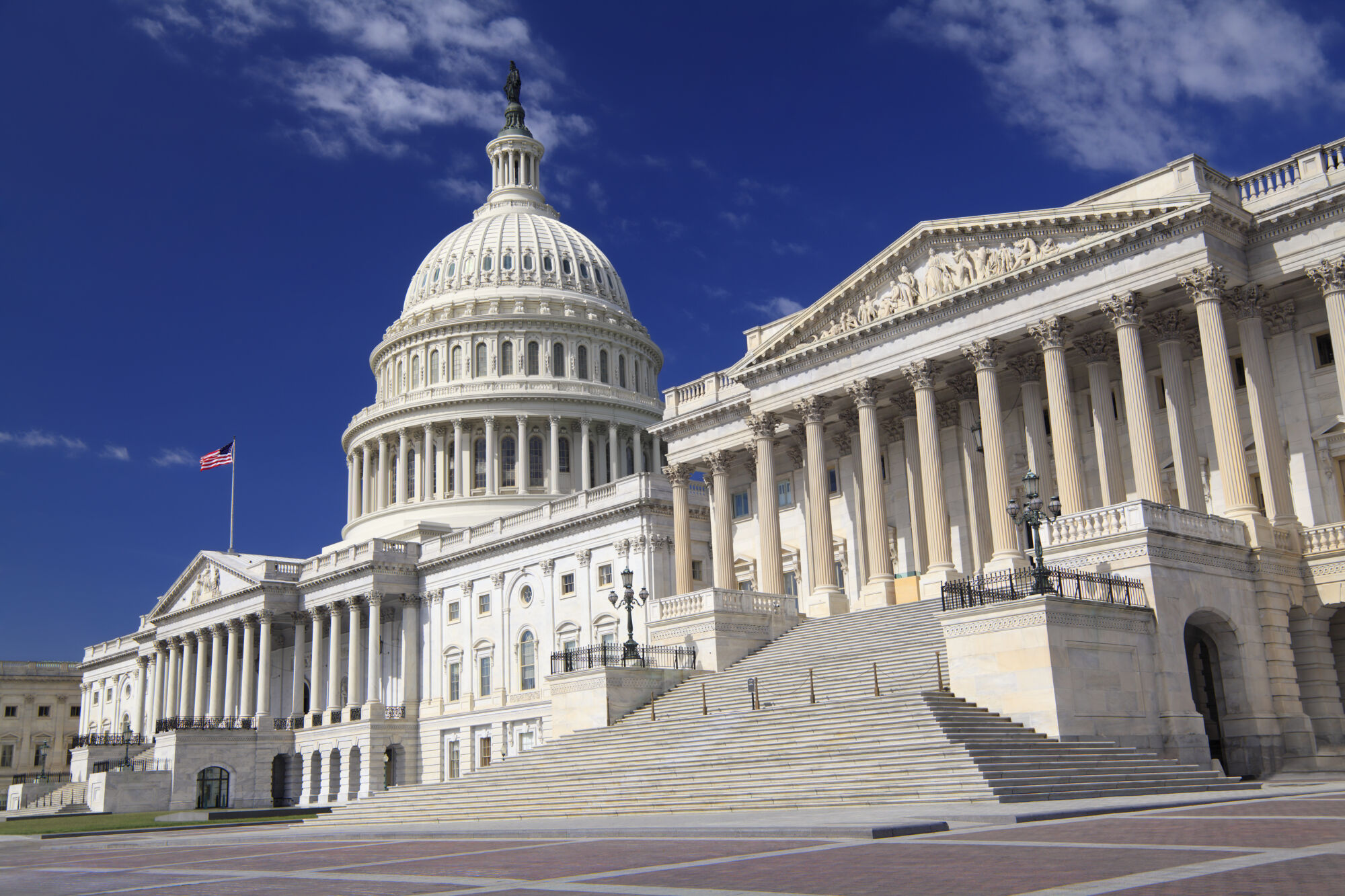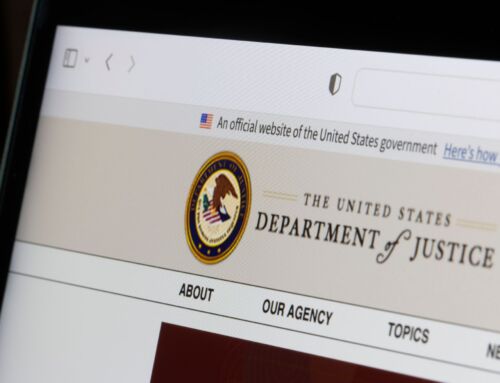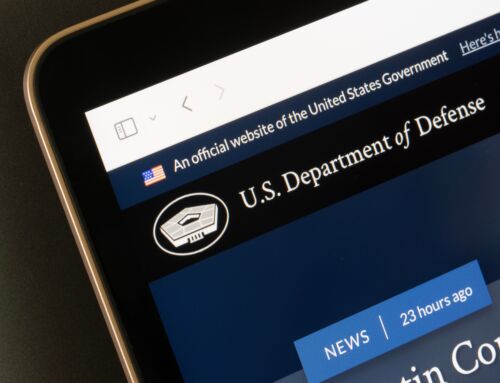
The Commodity Futures Trading Commission (CFTC) Whistleblower Program was established in 2010 to provide monetary incentives to individuals who report possible violations of the Commodity Exchange Act that leads to a successful enforcement action. Since issuing its first award in 2014, the CFTC has awarded approximately $330 million to whistleblowers in relation to $3 billion in enforcement actions. In recent years, incidences of fraud have ticked upward in the CFTC’s enforcement areas, such as in the carbon markets, and thanks to whistleblowers, so too have enforcement actions. But as whistleblower payouts increase in volume and value, higher reward disbursements threaten to deplete the $100 million Customer Protection Fund (CPF), the fund that sources whistleblower payouts, faster than it replenishes.
CFTC Whistleblower Fund Improvement Act of 2023
In response to this development, in July, Senators Chuck Grassley (R-Iowa), Maggie Hassan (D-N.H.), and Representative Zach Nunn (R-Iowa), introduced legislation to strengthen the whistleblower program. This legislation, called the CFTC Whistleblower Fund Improvement Act of 2023, would ultimately increase the whistleblower program fund to $300 million to account for the resounding successes of the CFTC whistleblower program.
“The CFTC relies on whistleblowers to identify fraud, and this information is absolutely critical to protecting consumers.” said Rep. Nunn. “Right now, though, the CFTC’s whistleblower program is ironically being hamstrung because it’s been too successful. Our bipartisan bill will make important changes to support whistleblowers without costing taxpayers a dime.”
The CFTC Whistleblower Fund Improvement Act of 2023 would make the CFTC Fund Management Act, what was a temporary law to establish a separate account within the CPF dedicated to program operating expenses, permanent. Also, the new act would increase the CPF cap from $100 million to $300 million. The proposed legislation would also not touch taxpayer dollars, since the CPF is made up of fines collected from whistleblower disclosures. This proposed legislation has garnered support from many groups focused on holding the government accountable, such as Government Accountability Project; Kohn, Kohn, and Colapinto; National Whistleblower Center; Taxpayers Against Fraud; Transparency International, U.S.; Whistleblower Network News; and Whistleblowers of America.
The Role of Whistleblowers
Whistleblowers play a critical role in exposing and addressing fraud within the purview of the Commodity Exchange Act. Whistleblowers whose information leads the CFTC to bring an action, or if the information significantly contributes to the success of a CFTC action that results in more than $1 million in monetary sanctions, can be awarded anywhere between 10 and 30 percent of penalties collected. All whistleblower awards are paid from the CFTC Customer Protection Fund, which was established by Congress, and is financed entirely through monetary sanctions paid to the CFTC by violators of the Commodities Exchange Act. No money is taken or withheld from injured customers to fund the program. The CEA also provides confidentiality and anti-retaliation protections for whistleblowers.
Contact Us
With more than 30 years of experience, the attorneys on Baron & Budd’s whistleblower representation team have represented dozens of clients in government fraud cases returning over $6.0 billion to federal and state agencies, with whistleblower recovery shares as high as 49%. They are ready to help if you have evidence of fraud involving the carbon markets.
Please call (866) 845-2164 or complete our contact form if you would like more information. For more information, see What You Need to Know About Becoming a Whistleblower. Please understand that contacting us does not mean that you have established an attorney-client relationship with Baron & Budd, P.C.
Get Answers Now
Get a free case evaluation to help determine your legal rights.




